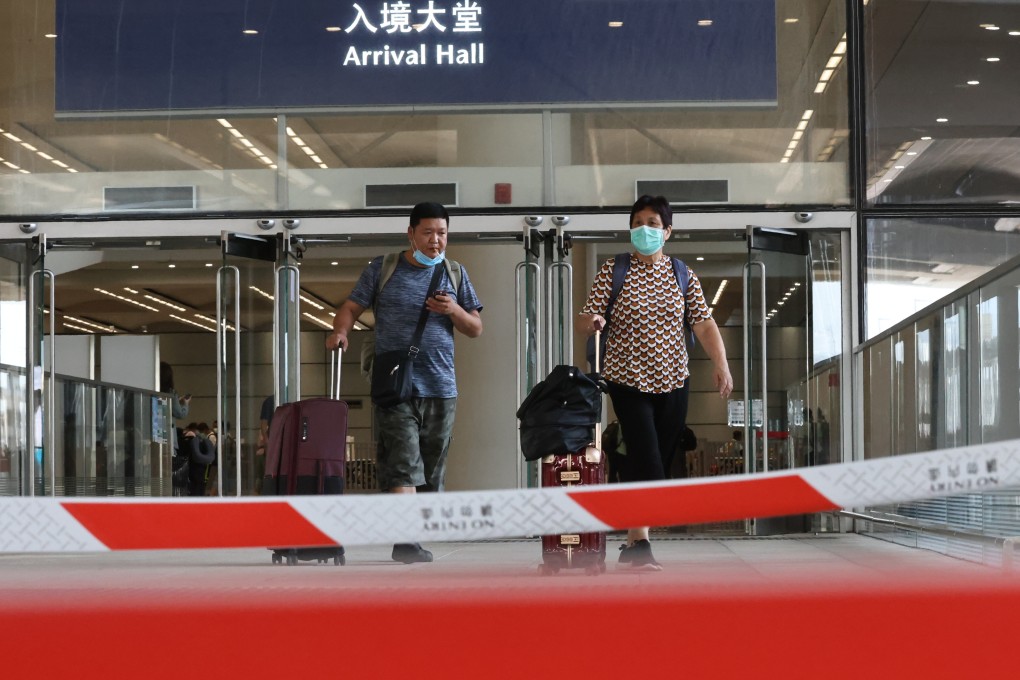Advertisement
Outside In | Hong Kong’s successful recovery will depend on a reopened mainland border
- The positive steps seen in recent weeks offer hope, but the primary driver of the Hong Kong economy is the mainland, and anything less than free movement across it will leave an anaemic recovery
- Why not ring-fence Hong Kong, Macau and the rest of the Greater Bay Area and make them a discrete area exempted from national quarantine and lockdown rules?
Reading Time:4 minutes
Why you can trust SCMP
3

Our “result-oriented” chief executive has made positive steps to start the reopening of the Hong Kong hermit kingdom. Hotel quarantine has at last been eliminated, the long-awaited Hong Kong Sevens is fast approaching and there will be what he hopes is a large, well-attended business conference in November.
One has to hope we are now on the final stretch towards ending our unsustainable, incoherent and immeasurably harmful “zero-Covid” strategy. But before we get too excited, I am reminded of a column I wrote almost a year ago while a big argument was being fought over the need to open up to China before opening to the outside world.
The point I tried to make was simple: reopening to China and reopening internationally are inseparable. “To continue to thrive as a connector between China and global markets, Hong Kong must be open in both directions or it is not open in either.”
Advertisement
In short, we can never forget the primary driver of the Hong Kong economy is the mainland. It accounts for most of our business and leisure visitors, with around 43.8 million of Hong Kong’s 55.9 million visitors in 2019 coming from the mainland. Chinese companies accounted for almost 80 per cent of the Hong Kong stock market’s capitalisation last year.
Most international travellers are here mainly because of our irreplaceable access to China and the economic opportunities it offers. So until the boundary with China is opened and there is free movement across it, our recovery from Covid-19 will remain anaemic.
Advertisement
Our airport will remain an empty cathedral. Cathay Pacific aircraft will be parked in Australia. Our hotels will be ghostly quiet. Our temple to international commerce – the Hong Kong Convention and Exhibition Centre – will be an echoing mausoleum. Our retailers and restaurant owners will return home every evening with empty pockets.
Advertisement
Select Voice
Select Speed
1.00x
